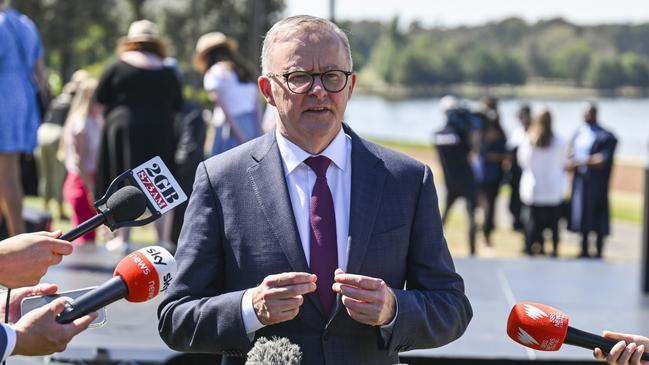
That is all the truer because the proposed voice cuts across the fundamental pillar of a democratic society: political equality. It is simply undeniable that the proposal would grant one group of Australians a constitutional entitlement – to a representative body of its own – other Australians do not enjoy.
Yet ever since the distinctively Western concept of human freedom made its appearance on this Earth, the right of all citizens to participate in the political process on an equal footing has been the lodestar of the struggle for a fairer world.
Time after time, change has been measured by whether it allows the fuller realisation of that ideal; time after time, the denial of political equality has been the surest sign of poisonous social division; and time after time, the reaffirmation of the ideal’s enduring value has laid the basis for righting historic wrongs.
Rarely was that clearer than in the great debates the Enlightenment launched over the emancipation of the Jews. After centuries of unrelenting oppression, a turning point came in September 1789 when Henri Gregoire (1750-1831), a Catholic abbot who was a towering figure of Enlightenment humanism, called on the national assembly that had been formed by the French Revolution to grant France’s Jews unconditional political equality.
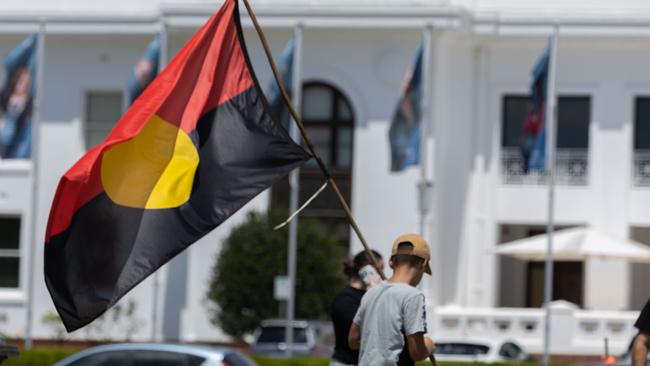
As a tireless advocate for the abolition of slavery and an end to religious bigotry, Gregoire – whose statue was torn down by the Nazis in 1942 – utterly rejected the notion that there could be different grades of citizenship: just as “all citizens should be judged by the same laws, exercise the same rights and fulfil the same duties”, so the right to participate in framing those laws should be the same for all.
And if justice was to be entirely blind to the colour of a person’s skin and the nature of their beliefs, so must be the process that determined the spirit and substance of the laws. It followed that Jews should enjoy every right the revolution had secured. But it also followed that they could not claim any greater rights than those of other citizens. Gregoire therefore opposed the petitions of the Jewish community of Lorraine, which, scarred by centuries of persecution, sought a measure of self-government and of special representation.
That was hardly because Gregoire didn’t know the history, which he described as “so drenched in blood as to colour the universe red”, or sympathise with its victims. On the contrary, he had detailed the persecution of Lorraine’s Jewish communities and the misery it inflicted in a series of influential studies.
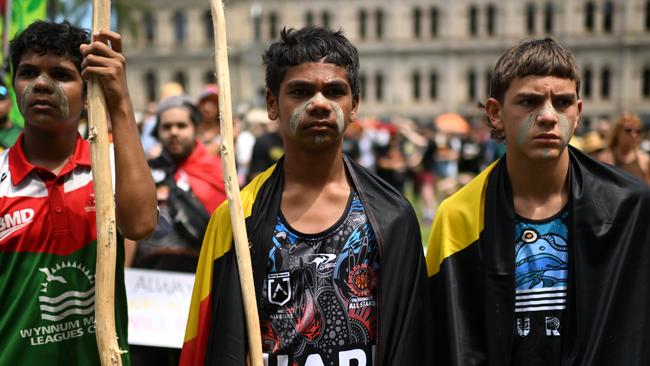
But the surest way of forging a better future was to force the communities to interact as fellow citizens who, for all of yesterday’s injustices, would share tomorrow’s hopes and fears. Instead of building bridges, the alternative of perpetuating institutional distinctions would have replaced old walls with new ones, entrenching the antagonisms it was intended to overcome.
Stanislas de Clermont-Tonnere, the member of the assembly who – staring down a clutch of anti-Semites – successfully moved the emancipation motion, therefore declared that the legislation’s aim was to “refuse everything to the Jews as a Nation, and grant everything to them as individuals”.
In the eyes of the law, there could be only one nation, France, which was to be a state of equals, not a collection of separate, distrustful tribes.
It is unquestionably true that the emancipation decree was simply an initial step, which was followed by many tragic reversals throughout Europe. But it set an example the reversals never managed to erase.
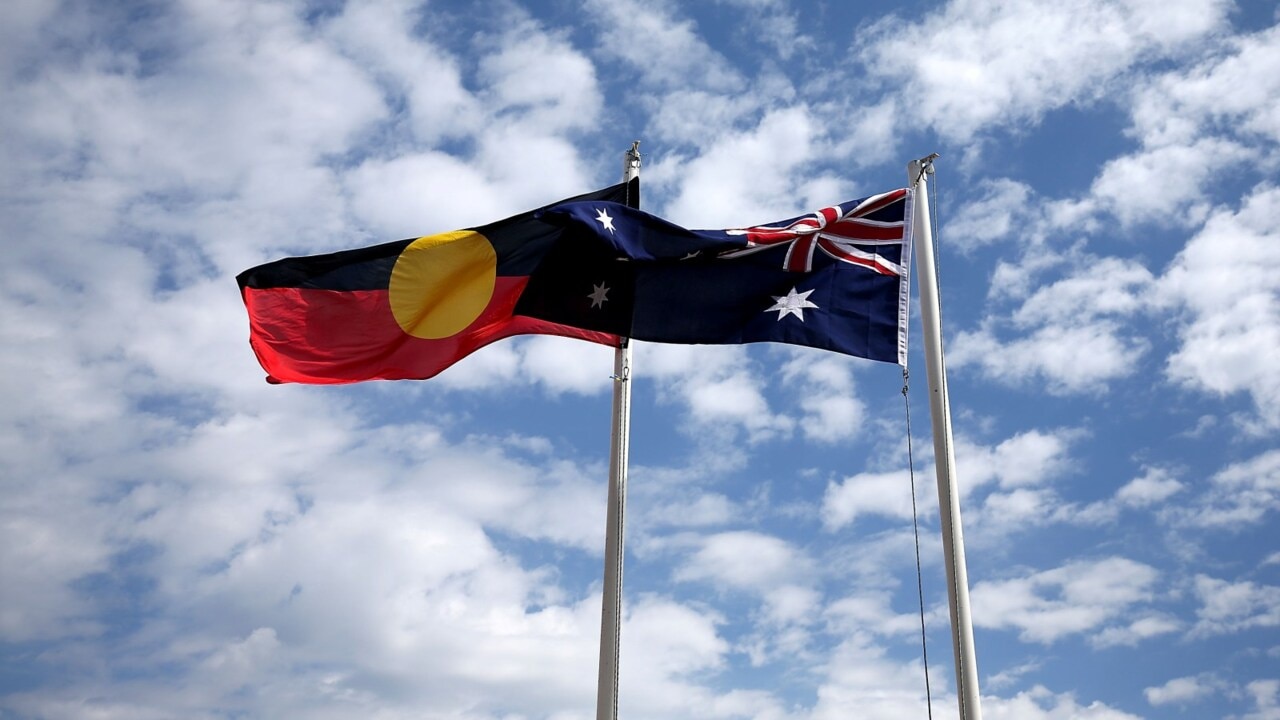
Always central to the Enlightenment tradition, the principle that all citizens have the same constitutional rights and obligations endured as a beacon of Western thought. It is therefore no accident that Rene Cassin, the great French jurist, placed it at the heart of the UN’s 1948 Universal Declaration of Human Rights, which he co-authored in the wake of the Holocaust.
Now, spurning that tradition, we are told the key to building a fairer Australia lies in reversing the arc of democratic progress: for all citizens to eventually be equal, it seems, some citizens must be made more equal than others.
Yet that catchcry, which has always been the calling card of democracy’s worst enemies, has invariably been falsified by history; and there is little reason to believe the political inequality we are being urged to adopt will prove an exception.
In effect, rather than reducing the differences that separate us, the voice will cement them into an effectively irremovable constitutional reality.
At the same time, it is likely to engender the conviction that Indigenous Australians have some inherent trait that defines them and makes it impossible for their interests and aspirations to be fully represented by their non-Indigenous fellow citizens. And by reinforcing those stereotypes, it risks hardening the lines of division that have wreaked so much harm.
Nor do the dangers end there. If there is a lesson to be drawn from the indigenous representative bodies that have been established in the Nordic countries, it is that determining who is and who is not “Indigenous” will be intensely and perpetually controversial.
That question, which nearly toppled the Finnish government just a few months ago, inevitably draws the state into decisions that all too readily degenerate into matters of race.
Is that really what we want to leave our children and grandchildren: a country in which abhorrent distinctions based on biology are used to bestow constitutional privileges on some Australians and deny them to others?
Yes, powerful forces – such as the High Court’s ill-judged decisions in the cases of Love and Thoms – have helped push us in that direction. However, the fact those forces are already so strong only underscores the folly of stoking racial separatism’s flames.
In the end, the voice will undoubtedly make its supporters feel virtuous. Equally undoubtedly, it will create jobs: in some cases for people of good will; in others for the industry that feeds off what Peter Sutton aptly called the politics of suffering. But as the experience of its counterparts overseas has repeatedly shown, what it will not and cannot do is address that suffering’s root causes.
Rather, it smacks of the symbolic politics which, by confusing illusions for solutions, has done so much to create the mess we’re in. With Alice Springs spending the Australia Day weekend gripped in an epidemic of dystopian violence, this country’s future deserves better.


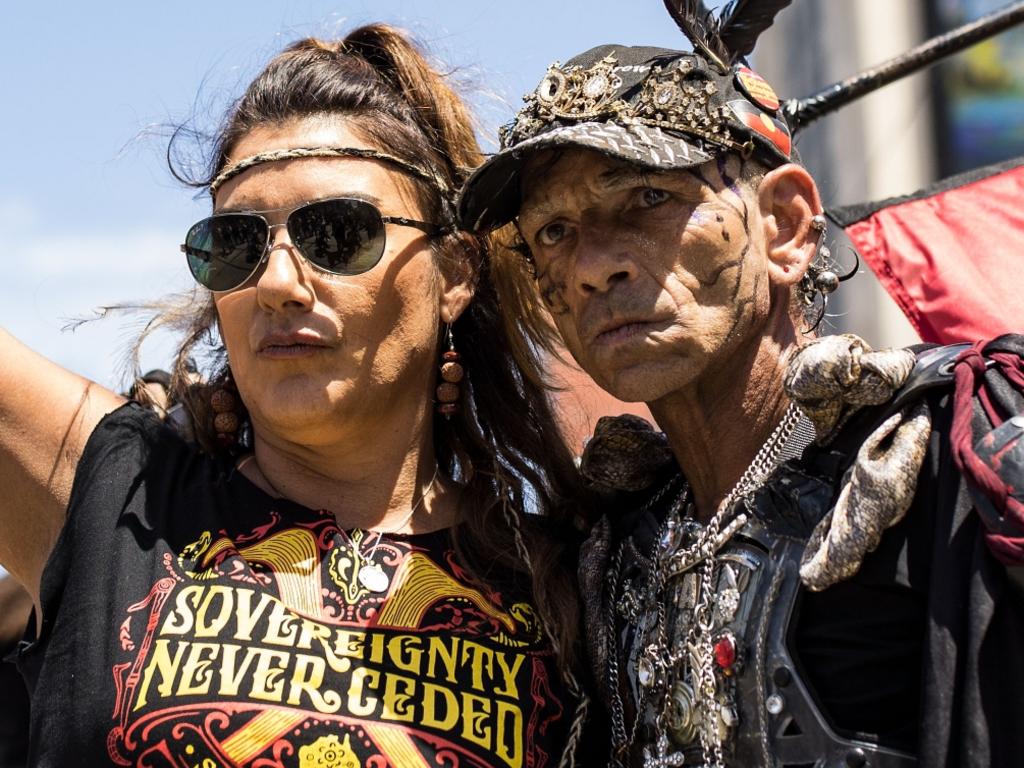
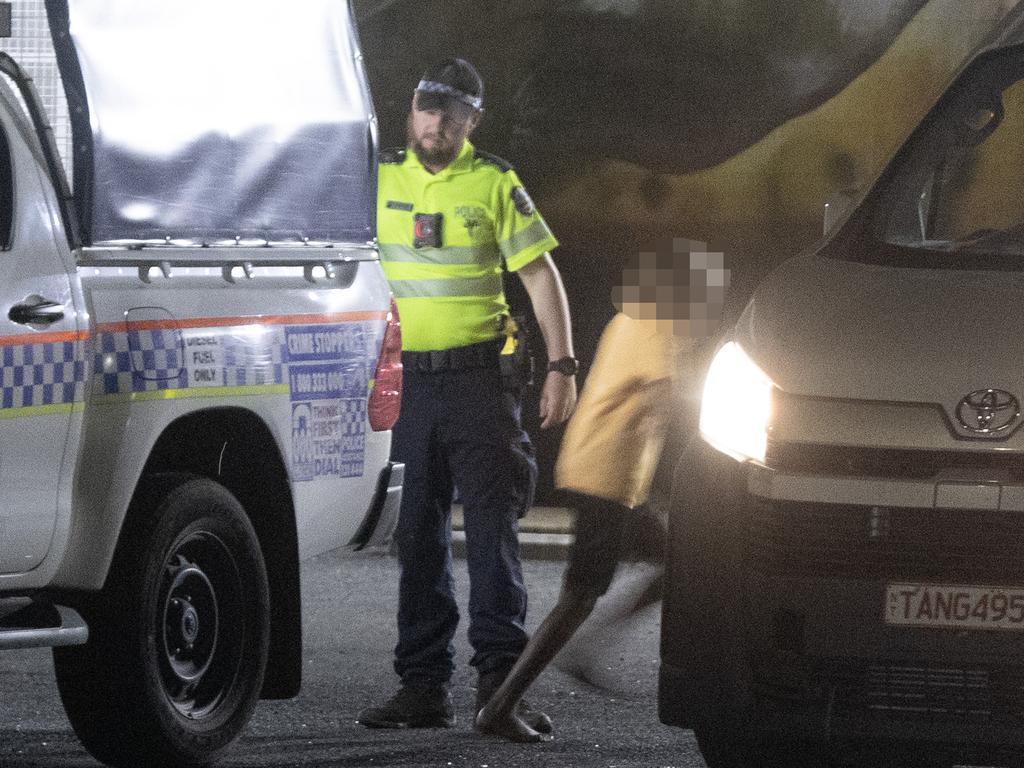
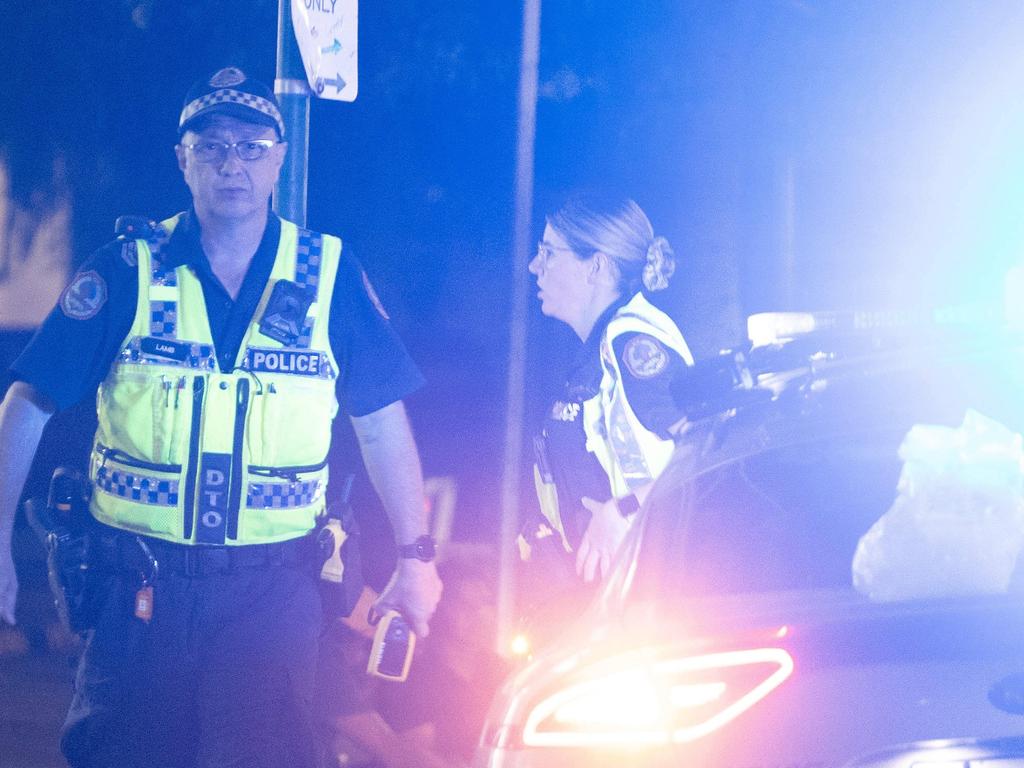



We are not responsible for the Australia of the past; we are responsible for that of the future. As we celebrate this Australia Day weekend, nothing more starkly engages that responsibility than the proposed changes to the Constitution.